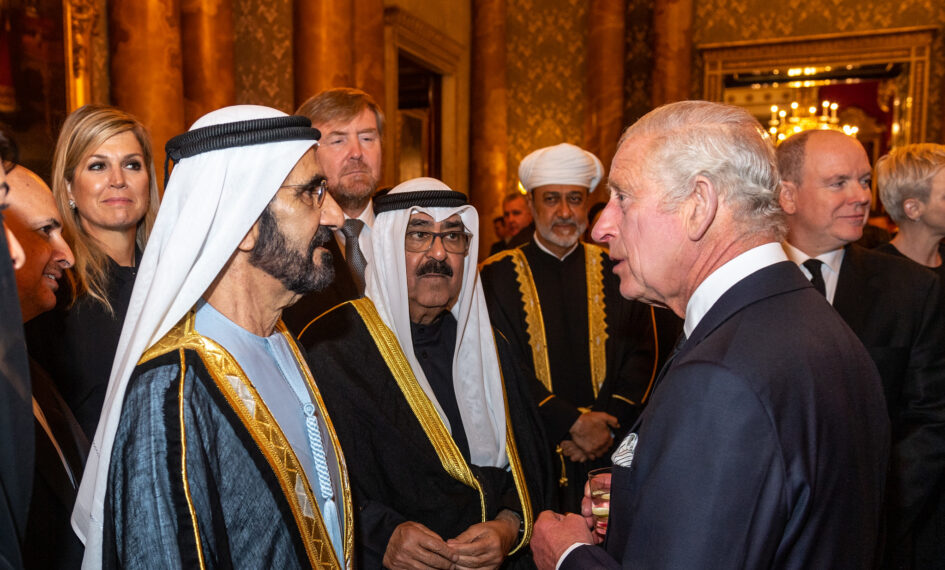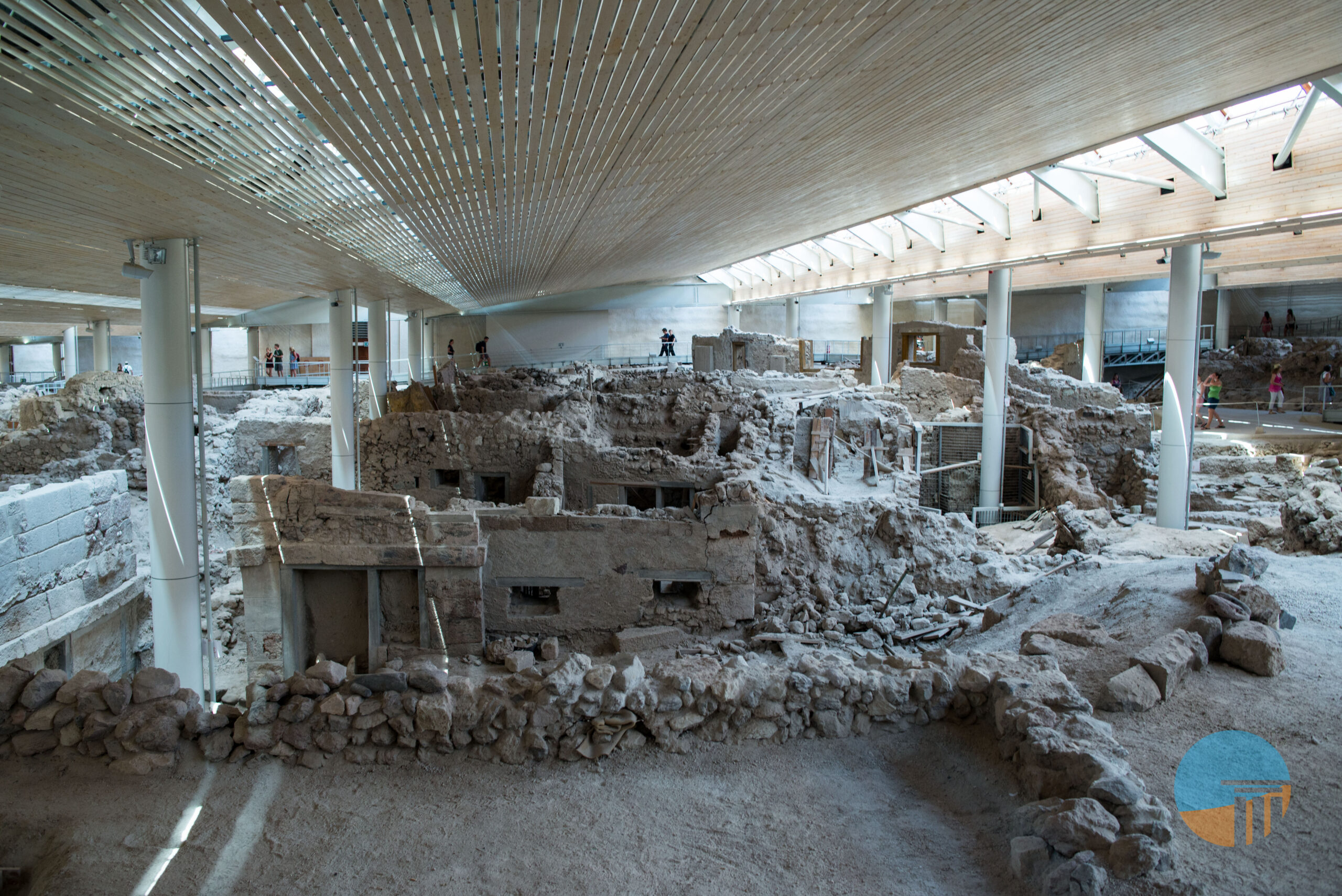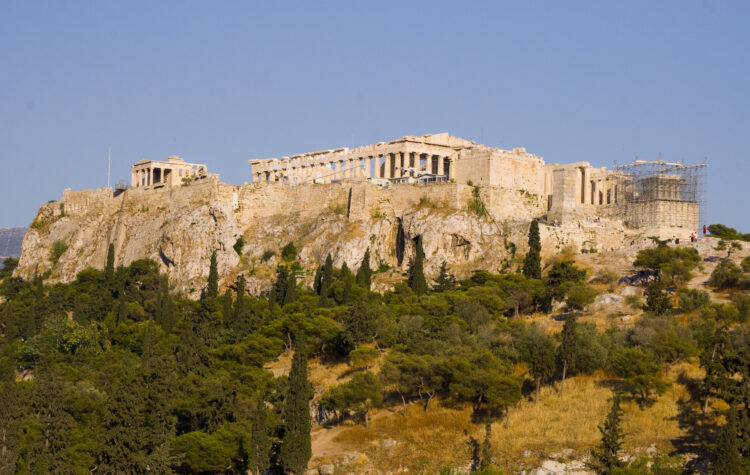- Definition: Monarchy is a system of government where a single person reigns as the head of state, typically for life or until abdication. The monarch’s authority is hereditary, often passed down from one generation to another within a royal family. Monarchies can vary in their exercise of power, ranging from absolute monarchies, where the monarch has significant authority, to constitutional monarchies, where their powers are restricted by law or custom.
- Etymology and Origin:
- The word “monarchy” derives from the Greek “monarkhia,” which is a compound of “monos” (alone, single) and “arkhein” (to rule). Literally, it means “the rule of one.”
- The concept of monarchy is ancient, with monarchial forms of government existing across various cultures and historical periods. In early human societies, monarchy often emerged as a natural form of leadership, with tribal chiefs and kings wielding power.
- Throughout history, monarchy has taken on different forms. In some societies, it was seen as divinely ordained, while in others, it was more secular. The evolution of constitutional monarchy, particularly seen in Western Europe, represents a significant shift where the monarch’s power is balanced by a constitution and other governing bodies.
Monarchy, with its roots in ancient Greek terminology, reflects a long-standing form of governance that has adapted and evolved over millennia, encompassing a wide range of cultures and historical contexts.



